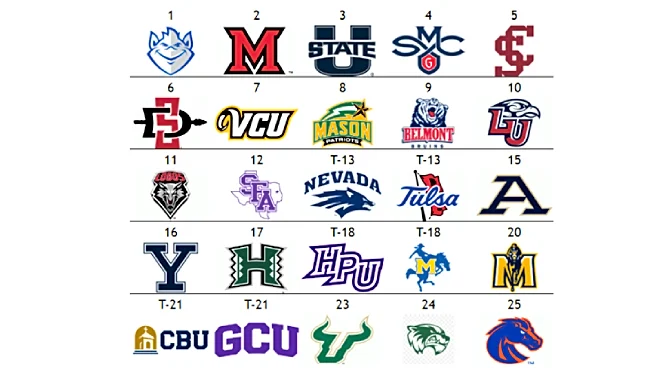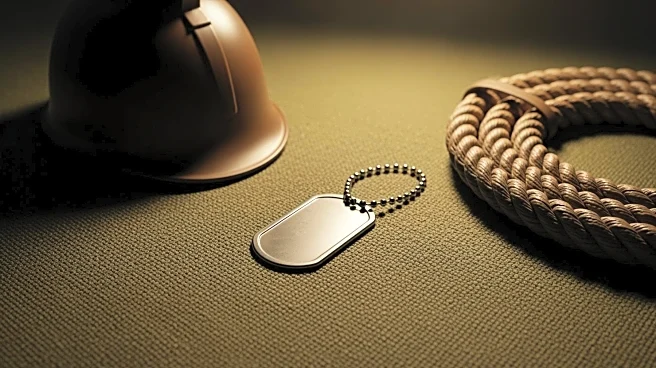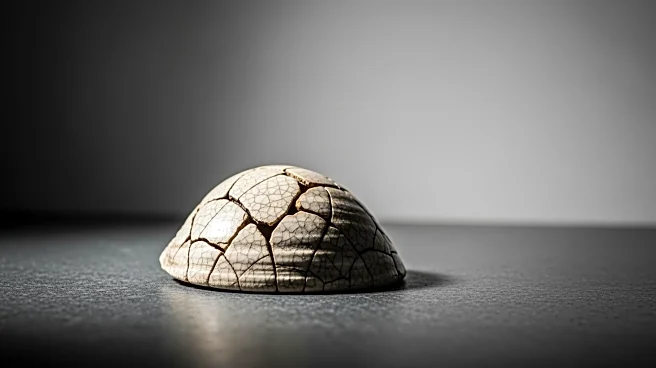Rapid Read • 8 min read
In the face of fast fashion trends, vintage shop owners across the United States are preserving American fashion history by curating and selling vintage clothing. These shop owners, located in cities like New York, New Orleans, and Seattle, are not just selling clothes but are also preserving cultural heritage and encouraging consumers to appreciate garments made to last. Melissa Howard, founder of Stock Vintage in New York, has been offering curated menswear from the 1900s to the 1970s for nearly two decades. Her store has become a destination for those seeking early American menswear. Similarly, Low Timers in New Orleans, co-founded by Ham Smith and Kelsey Christian, offers Americana fashion predating the 1970s. In Seattle, Josh Dand's The Barn Owl Vintage Goods specializes in vintage workwear and denim, emphasizing the durability and quality of American-made garments.
AD
The resurgence of vintage fashion highlights a growing consumer interest in sustainability and quality over quantity. By preserving and promoting vintage clothing, these shop owners are challenging the fast fashion industry, which is often criticized for its environmental impact and lack of durability. This movement not only supports sustainable fashion practices but also fosters a deeper appreciation for the craftsmanship and history of American-made garments. As consumers become more conscious of their purchasing decisions, the demand for vintage clothing is likely to increase, benefiting small business owners and promoting a more sustainable fashion industry.
As the vintage fashion market continues to grow, these shop owners may expand their reach through online platforms and social media, attracting a broader audience. The increasing popularity of estate sales and online marketplaces could also influence the availability and pricing of vintage items. Additionally, the trend of upcycling and customizing vintage pieces may gain traction, offering consumers unique and personalized fashion options. The continued interest in vintage fashion could lead to collaborations with designers and brands seeking inspiration from historical garments.
The vintage fashion movement also raises questions about consumer behavior and the value placed on clothing. It challenges the notion of disposability in fashion and encourages a shift towards valuing quality and longevity. This cultural shift could have long-term implications for the fashion industry, potentially leading to more sustainable production practices and a reevaluation of consumer habits. Furthermore, the preservation of vintage clothing serves as a tangible connection to the past, offering insights into historical fashion trends and societal changes.
AD
More Stories You Might Enjoy













